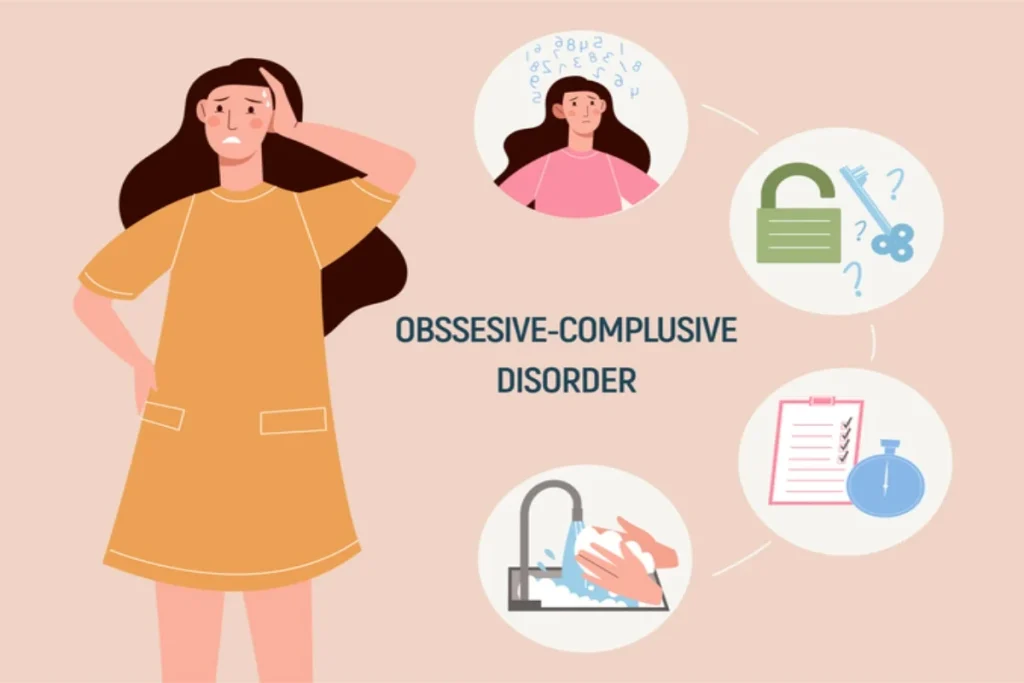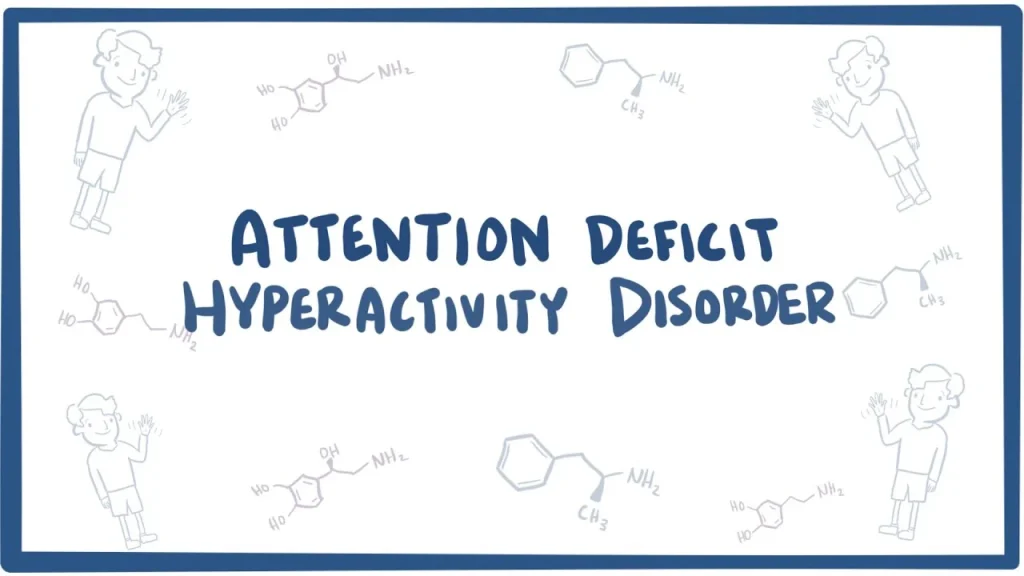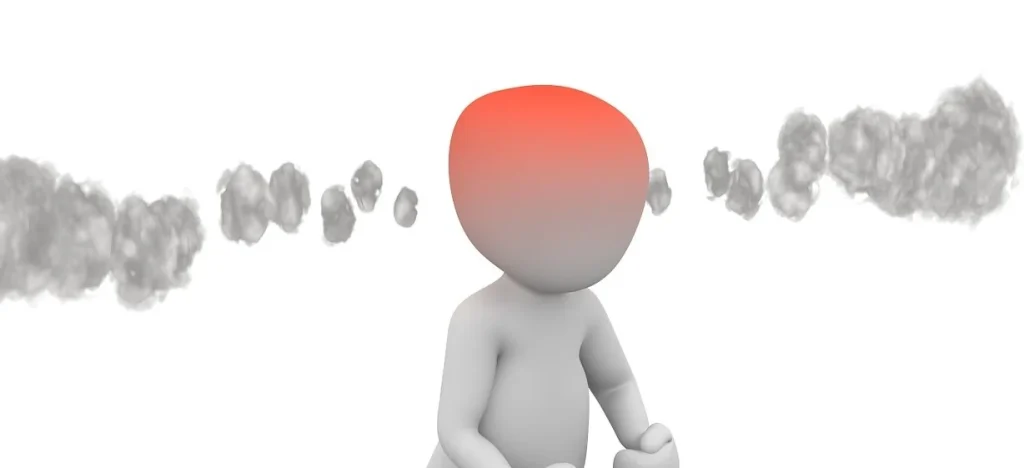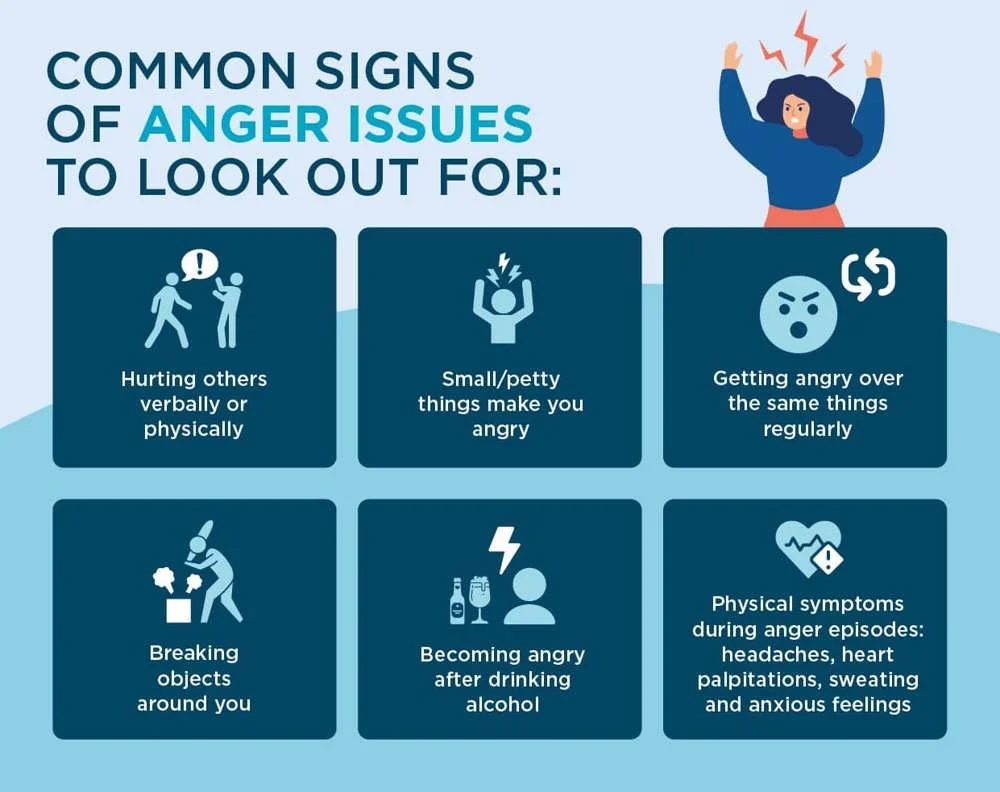Among the emotions that are natural to man, anger is one. It can range from mild irritation to intense fury. Anger leads to physical responses including increased heart rate and release of adrenaline which may prepare the body for “fight or flight.” No matter how ordinary it might seem, anger should be controlled properly.
Uncontrolled anger can cause problems in personal relationships, work, and overall well-being. Breathing deeply, concentrating on what’s happening now and cognitive behavioral strategies are ways of managing as well as expressing anger in a healthy manner.
What are anger issues?
Anger troubles refer to the incapacity to control and manage rage positively. As such, it can lead to frequent explosions of temper, destructive behavior and negative consequences on personal and career relationships. Anger ceases being just one of the regular emotions when it becomes too much, wrongly timed or worse still, a persistent occurrence that interferes with the daily life of individuals and their emotional well-being.
People with anger issues may fail to express their feelings positively, resulting in adverse outcomes in different aspects of their lives. The first step towards coping effectively with anger issues is to understand what they are.
What causes anger issues?
Depression
Irritability and anger are some of the ways through which depression manifests itself. Those with depression often feel hopeless, and this results in frustration and angry outbursts from time to time. The inability to handle these emotions appropriately can make individuals have more instances of outrage.
Additionally, depression brings about a lack of energy and enduring sadness, which makes it hard for an individual to undertake basic chores, leading to even greater frustrations. Consequently, people experiencing these emotions find themselves being angrier and irritable most of the time.
Obsessive-compulsive disorder
Intrusive thoughts and compulsive behaviors associated with obsessive-compulsive disorder (OCD) can cause significant distress as well as irritation. This annoyance might spill over into anger, especially when an individual feels unable to control his/her symptoms or when people do not understand them.
The unending fight against intrusive thoughts, along with ritualistic actions, can be both taxing and overwhelming. Due to this ongoing struggle, OCD sufferers tend towards angry outbursts born out of internal upheaval coupled with misunderstandings from others.

Alcohol misuse
Anger issues are closely linked with alcohol abuse problems. Alcohol lowers inhibitions, impairs judgment, and increases aggression, among other negative effects on mood states, causing people who misuse alcohol to be easily susceptible to angry outbursts or acting violently. Nevertheless, it is often a case of short-term stress relief followed by worse emotional instability as alcohol only acts to numb individuals initially.
Over the years, this dependency on alcohol as an escape mechanism can have a person landing in a vicious circle of rage, becoming more and more aggressive, thus making relations with people complicated.
Attention deficit hyperactivity disorder
Essentially, attention deficit hyperactivity disorder (ADHD) is characterized by impulsivity, hyperactivity and attention problems. This condition can make someone feel frustrated and angry, especially when they cannot finish what they are doing or cannot focus on their work. The feeling of being overburdened all the time, together with the inability to meet expectations, can be very irritating.
Moreover, other people’s misunderstandings and impatience may further provoke persons who have ADHD, hence leading them to frequently display anger and annoyance.

Oppositional defiant disorder
Oppositional defiant disorder (ODD), which mostly affects children and adolescents, is defined as a behavioral disorder that relates to defiance behaviors against authority figures, thereby causing ongoing irritability and frequent episodes of anger, among others. Children who suffer from ODD may argue with adults, refuse to follow the rules or provoke others deliberately.
In fact, such persistent behavior that challenges authority brings about strained relationships full of residual conflicts and resentments in many settings like homes as well as schools, amongst others.
Bipolar disorder
Bipolarity is a mood swing that includes mania and depression episodes. For instance, when one’s emotions are high during the manic phase, one may become more irritable and angry. On the other hand, individuals can be frustrated and angry during depressive episodes as a result of low mood. Such rapid transitions between these moods make it hard to manage and can entail sudden or explosive anger reactions that happen unexpectedly in an instant.
Doing so will put additional pressure on the person who might as well engage with others in conflict, making them feel normal about themselves.
Intermittent explosive disorder
Intermittent explosive disorder (IED) is described by unexpected extreme expressions of anger or aggression that are out of proportion with the circumstances at hand. The outbursts are normally fleeting but can have significant consequences for relationships and property, thus having several implications on their lifestyle.
This relief feeling is not uncommon following an attack; however, shame or remorse usually follows this (Segal et al., 2016). Such explosions’ unpredictability causes fear in sufferers and those around them.

Grief
While grief is a natural reaction to loss, it may also provoke anger within an individual. Anger towards oneself, others or even circumstances surrounding their loss may sometimes arise for people grieving from loss. Feeling some degree of anger is expected during this period, but then again, if taken too far, things can get complicated.
High-point emotions like sadness, confusion and frustration make healthy mourning difficult for mourners (Stroebe et al., 2013). In case the rage manifesting from mourning fails to go away due to the absence of requisite mechanisms and assistance programs that interfere with the recuperation process.
Anger issues symptoms
Physical symptoms
Physical indications of fury-related issues include increased pulse rate, high blood pressure levels, sweating, and potentially muscle tension. These signs are ways through which the human body reacts to stress and are potentially deadly if they occur regularly.
In addition, anger may cause headaches, digestive difficulties and sleep disorders. Constant physical strain from fury can result in chronic diseases like heart problems (Cardinal et al., 2018). Recognizing these bodily signs is essential when dealing with the emotional hitches underpinning them.
Emotional
Emotional symptoms of anger issues include feelings of frustration, irritability, resentment, and rage. Also, one may feel anxious or guilty about their anger. This eventually results in more negative emotions and enhanced aggression.
These emotional symptoms that never leave reduce self-esteem as well as overall mental condition (Hobfoll et al., 2018). Therefore, it is key to uncover these emotional patterns to stop this cycle and cultivate better ways of managing your fury.
Types of anger issues
Different forms present different types of anger, including:
- Passive-Aggressive Anger: expressing anger indirectly using sarcasm, procrastination or sullenness. It may be hard to identify and treat this kind of anger since it often involves subtle negative actions instead of open expressions.
- Volatile Anger: sudden and intense bursts of anger that can be explosive and unpredictable. About relationships, this type of anger can be too much for them to bear, hence leading to physical or emotional harm.
- Chronic Anger: lasting feelings of simmering rage that may have long-term implications on health. This kind of creates a constant state of strain and anxiety, thus affecting the overall well-being.
- Judgmental Anger: being angry at someone for their perceived shortcomings or mistakes. It is typically associated with unkind criticism and lack of empathy that strains interpersonal relationships.
- Overwhelmed Anger (Feeling): a reaction to feeling overburdened in which one cannot cope with what life has presented, resulting in frustration and rage. This is mostly because they feel overwhelmed, leading to emotional and physical exhaustion.
Do I have anger issues?
If you are unsure whether you have an issue with your temper or not, then answer the following questions:
- Are you often irritated or frustrated?
- Do you lose control over your temper from time to time?
- Has your behavior made friendships difficult?
- Do you ever feel sorry about things you did after getting all fired up mad?
- Does your body react when you get mad, such as racing heart rate or tensing muscles?
If several affirmative answers were given in response to these questions, it would be beneficial if a mental health professional were sought out. Evaluating the patterns that define one’s aggression, together with its triggers, could help reveal the basic causes behind it.
Anger issues management
Management of anger means individuals need to cultivate positive coping strategies and reach out to professionals as necessary. Here are some helpful methods:
Cognitive-behavioral therapy (CBT): This kind of treatment can help individuals identify and alter negative thinking based on this emotion which causes anger. When people understand how their ideas, feelings, and actions are linked together, they will be in a position to respond more constructively toward the triggering factors for anger.
Mindfulness and relaxation techniques: Stress reduction and curbing anger can be assisted by adopting mindfulness, deep breathing and progressive muscle relaxation. This will establish peace in them while at the same time enhancing emotional regulation, hence making patient responses easier to handle in difficult situations.
Communication skills: Assertive communication is the key to expressing anger constructively while avoiding misunderstandings. During such conversations, it is essential that one does not keep one’s feelings inside but tries talking about them openly since this minimizes conflict, thus leading to better relations between people.
Anger management programs: These programs offer structured ways of understanding and managing your anger. Some sessions, especially group therapies, may also include various experts and peers who support you as you build the required skillset.
Healthy lifestyle choices: Anger can be reduced by regular exercise, a balanced diet and adequate sleep. Emotionally stable lives are supported when one leads a healthy lifestyle because they can better manage stress.

Takeaway
- If excessive or uncontrollable, natural human emotion-anger may become problematic.
- Understanding causes/symptoms is important to effectively manage anger problems.
- Some other illnesses such as depression, OCD or ADHD may resultantly contribute towards aggression cases.
- The recognition of bodily symptoms along with emotional ones will enable people to find root problems related to anger.
- Different types of anger issues require tailored approaches to management.
- Anger management benefits from seeking professional help and using coping strategies.
- A balance of emotions, which leads to reduced anger, is highly dependent on a good selection of lifestyle choices.
Conclusion
Anger is normal but can be problematic if it becomes excessive or uncontrollable. Understanding the causes and symptoms of this condition helps in its short-term solutions, such as calming down during an argument. By identifying warning signs such as physical sensations, emotional states, and types of violence involved and ensuring appropriate treatment options, people can develop healthier responses toward their fury episodes.
Professional help, cognitive-behavioral therapy (CBT), mindfulness techniques, and change in lifestyle are all helpful approaches to dealing with aggression problems effectively. Resolving problems concerning rage may bring about an improved personal life and better relations for all.
Frequently Asked Questions (FAQs)
Q1: What are some of the things that make people angry?
Stress, feeling misunderstood and frustration, as well as certain mental health conditions like depression or ADHD, are among the common triggers for anger issues. Knowing your triggers will help when it comes to controlling anger.
Q2: Can a person inherit anger issues?
Genetic factors have been shown to contribute to aggression and anger. However, environmental influences and observing family members’ behavior also play a significant role in managing feelings of rage.
Q3: How do I know if I have an anger problem?
If your anger is frequent and intense and has negative effects on your relationships or ability to function daily, then it may be a problem. Also, increased heart rate and tension, along with feelings of regret or guilt after outbursts, serve as tips.
Q4: What is the link between diet and managing rage?
Balanced diets affect mood and energy, thereby reducing the harmful effects of anger. This implies that eating healthy meals while avoiding excessive caffeine or sugar can lead to steady sugar levels, hence reduced irritability.
Q5: Are there any drugs for managing temper tantrums?
Certain medications like antidepressants or mood stabilizers might be prescribed in order for one to manage other underlying medical factors causing anger problems. Seek medical advice from healthcare professionals who follow up with individualized solutions.

Russell F. Jones, holding a Master in psychology from the University of Florida. He writes for Smart Parent Solutions, offering practical advice on parenting and child development. His engaging content helps parents navigate family life with confidence and ease. Russell enjoys sharing his knowledge and spending quality time with his family.
